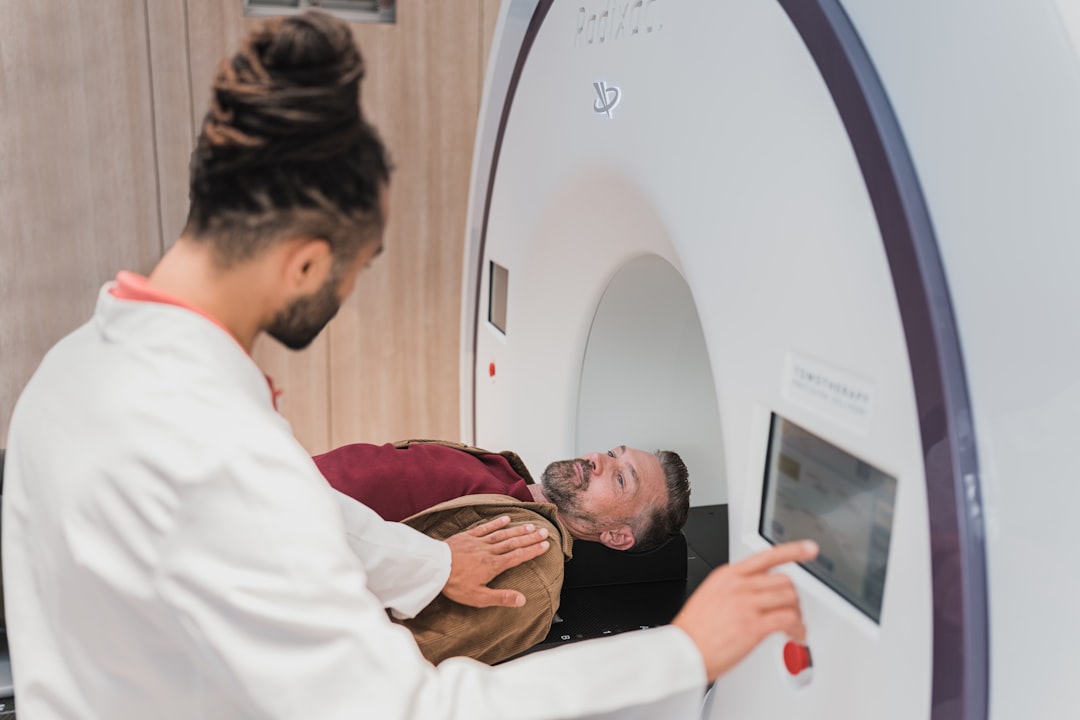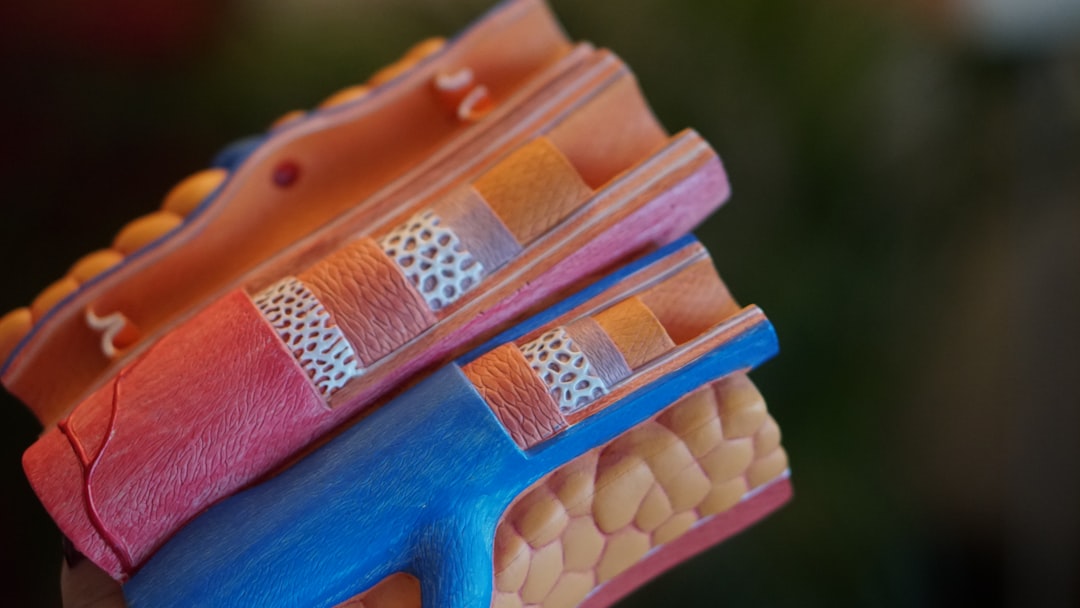What is it about?
The complement system is an important blood immune defence against pathogens like fungi and bacteria. We have shown for the first time, that immune cells called macrophages utilise their own independent complement factors after detecting pathogen signals that allows them to rapidly kill infecting cells.
Featured Image

Photo by FlyD on Unsplash
Why is it important?
Our findings reveal an important immune co-signalling network that occurs within immune cells themselves, when responding to pathogen signals from fungi and bacteria. This research helps answer how these immune cells are efficient responders to diverse pathogen signals. The findings also unlocks therapeutic possibilities to harness complement with drugs to treat infection in at-risk individuals.
Perspectives
Although traditionally written in text-books as a blood-immune system, complement factors are now recognised to exist and function within cells themselves, independent to blood. Despite this, I was quite surprised when our findings also showed that white blood cells utilise a distinct 'cell-intrinsic' complement pathway to fight fungal infection. It was also great to find that our results were also supported by some great research from another laboratory.
Trent WOODRUFF
University of Queensland
Read the Original
This page is a summary of: Cell-intrinsic C5a synergizes with Dectin-1 in macrophages to mediate fungal killing, Proceedings of the National Academy of Sciences, January 2024, Proceedings of the National Academy of Sciences,
DOI: 10.1073/pnas.2314627121.
You can read the full text:
Contributors
The following have contributed to this page










